FMC announces the results of an investigation into the supply chain of container carriers
The US Federal Maritime Commission (FMC) Commissioner announced his final results in the "Fact Finding 29" Report on the impact of COVID-19 on "The Effects of COVID-19 on the U.S. International Ocean Transportation Supply Chain"
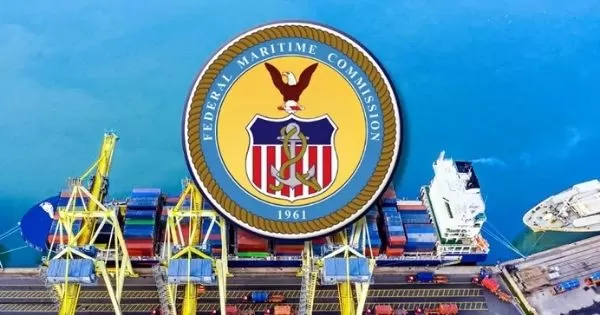
Federal Maritime Commission (FMC) Commissioner, a U.S. government agency, Rebecca F. Dye released her final findings in the "Fact Finding 29" report on "The Effects of COVID-19 on the U.S. International Ocean Transportation Supply Chain".
In the "Fact Finding 29", importers and exporters highlighted two concerns related to a resurgent pandemic. The first is the high cost of freight and the second is that the charges are too high for demurrage and detention.
Commissioner Dye said that "the historically high freight rates experienced recently by US exporters and importers have been devastating to many, but I want to emphasise that the Commission has done its job during the Covid-19 pandemic to enforce our competition authority."
Dye went on to explain, "The competitive market and high ocean freight rates have been defined by unprecedented consumer demand, mainly in the United States, which has overwhelmed supply in terms of vessel capacity. Congestion. congestion further limits the available capacity."
She also expressed satisfaction with FMC's actions during the Covid-19 pandemic. "Our markets are competitive and the high ocean freight rates have been determined by unprecedented consumer demand, primarily in the United States, that overwhelmed the supply of vessel capacity. Congestion further constrained available capacity."
Concluding, Commissioner Dye emphasized that "I look forward to implementation by the Commission of my Final Recommendations, which I believe will provide badly needed clarity and consistency in certain port and supply chain operations, especially involving 'earliest return dates' and 'empty container return'.
The following is the second set of recommendations in the "Fact Finding 29" Report:
1. A new Commission “International Ocean Shipping Supply Chain Program”;
2. A rulemaking to provide coherence and clarity on Empty Container Return practices;
3. A rulemaking to provide coherence and clarity on Earliest Return Date practices;
4. Continued Commission support for the new FMC “Ocean Carrier Compliance Program” including a new requirement for ocean common carriers, seaports, and marine terminals to employ an FMC Compliance Officer;
5. An FMC Outreach Initiative to provide more information to the shipping public about FMC competition enforcement, service contracts, forecasting, and shippers associations, among other topics;
6. Enhanced cooperation with the federal agency most experienced in agricultural export promotion, the Department of Agriculture, concerning container availability and other issues;
7. A Commission Investigation into practices relating to the numerous charges assessed by ocean common carriers and seaports and marine terminals through tariffs;
8. A rulemaking to provide coherence and clarity on merchant haulage and carrier haulage;
9. A new “National Seaport, Marine Terminal, and Ocean Carrier Advisory Committee” to work cooperatively with the Commission’s National Shipper Advisory Committee;
10. A revival of the Export Rapid Response Team program as agreed by all ocean carrier alliance CEOs;
11. An FMC Supply Chain Innovation Teams engagement to discuss blank sailing coordination and information availability; and
12. A reinvigorated focus on the extreme supply chain equipment dislocations in Memphis railheads, other rail facilities, and other facilities around the country.
Source: Phaata.com (According to FMC | ContainerNews)
Phaata - Vietnam's First Global Logistics Marketplace
► Find Better Freight Rates & Logistics Services






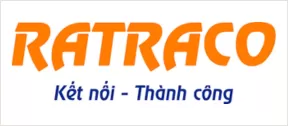



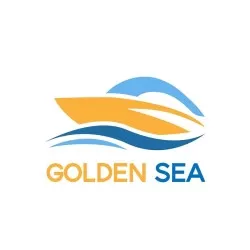

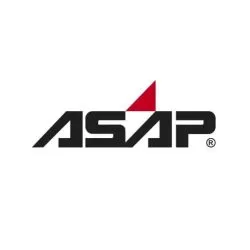
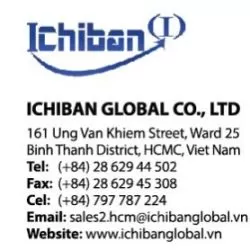









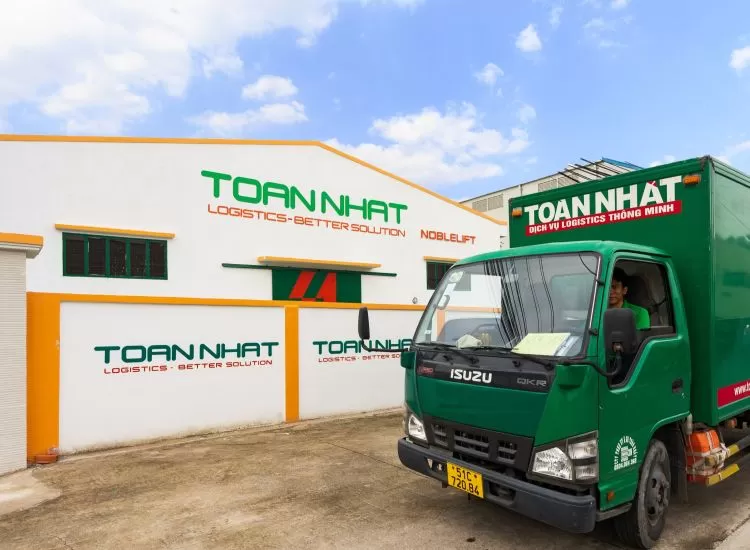
.webp)
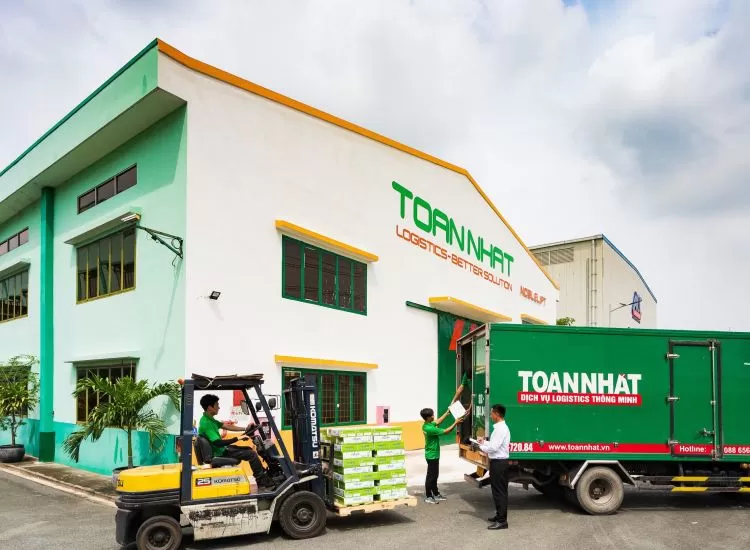
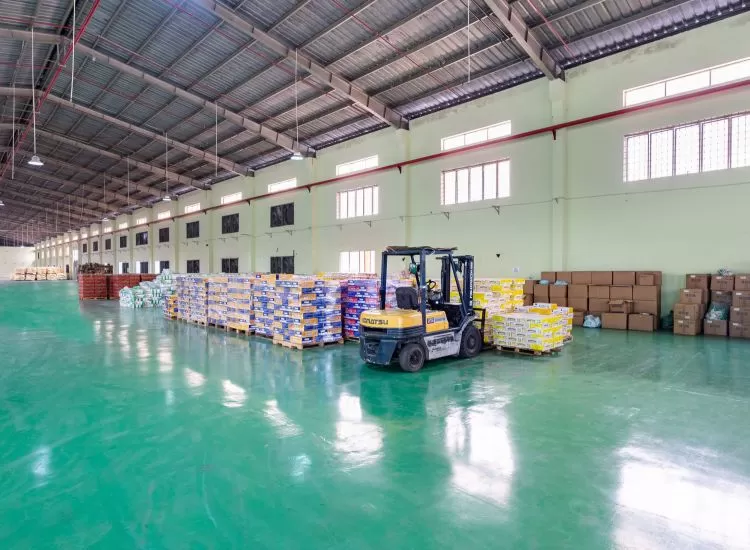
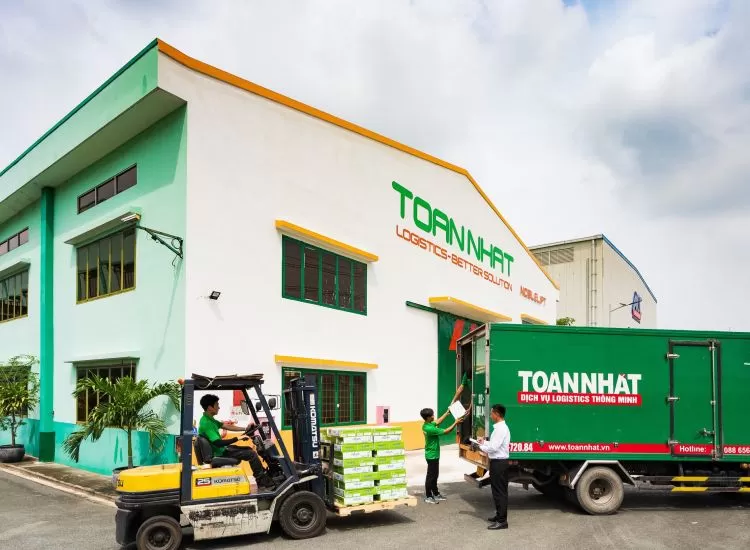
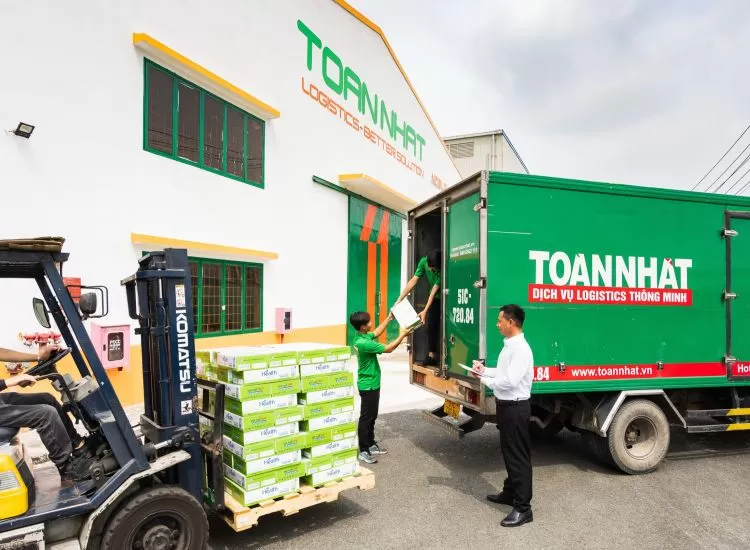



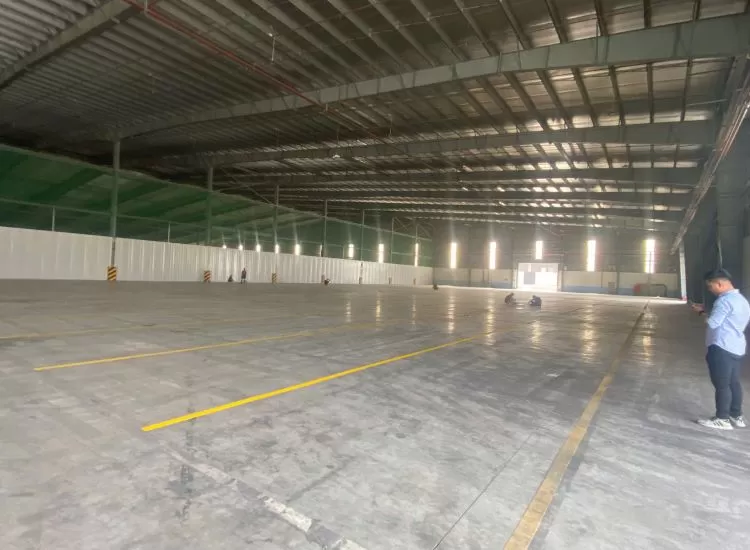

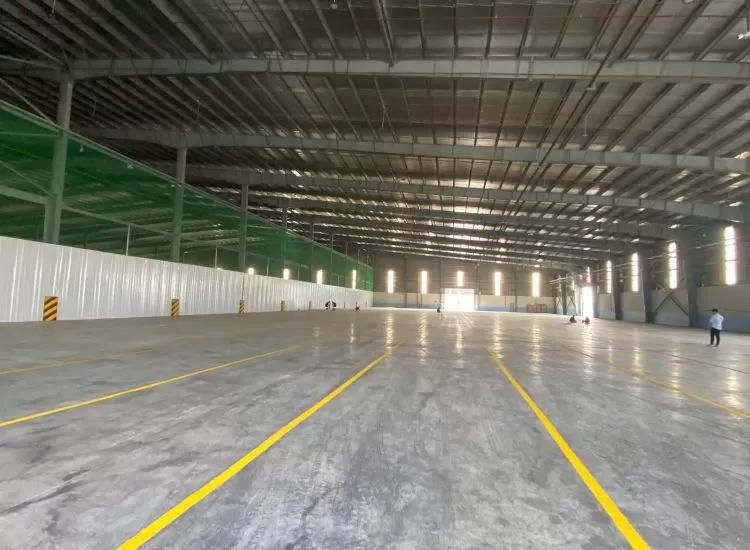




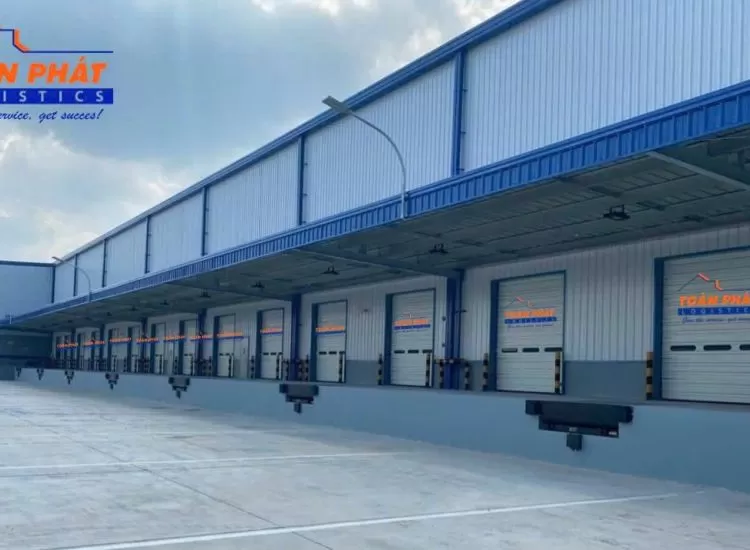
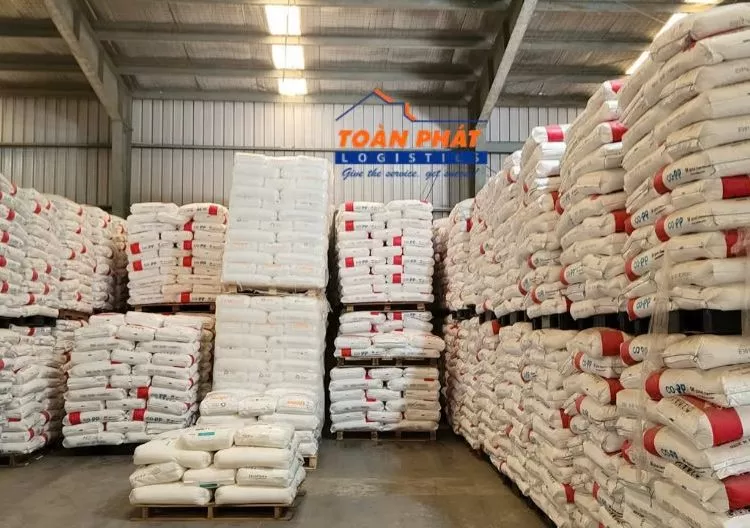
.webp)